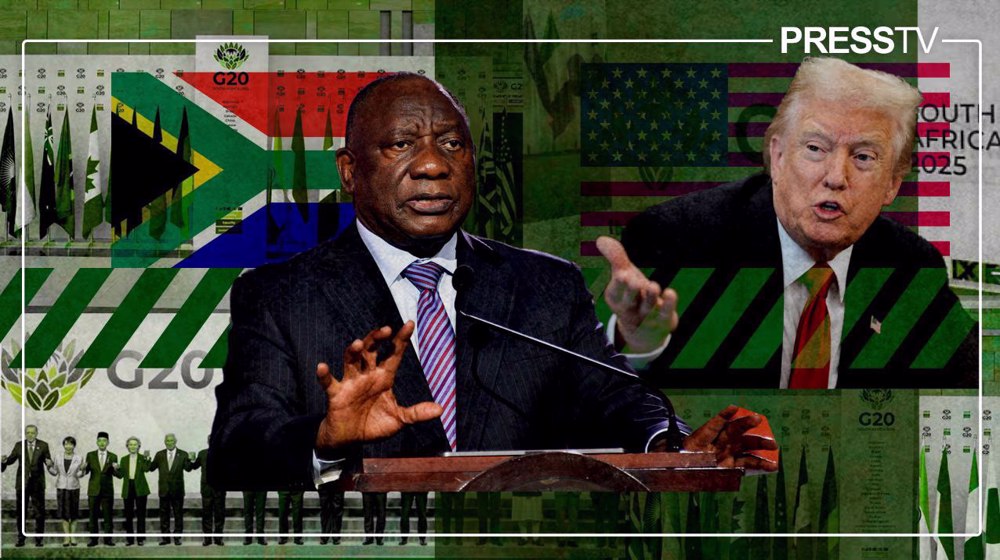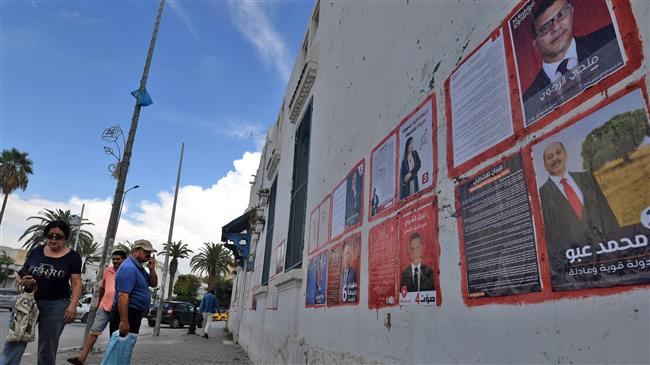Tunisia democracy ‘inspiration’ for Arab countries: Analyst
The democracy in Tunisia can be an “inspiration” and set a precedent for the future of Arab countries, particularly those grappling to precipitate a peaceful power transition, says a political analyst.
Michael Springmann, a Washington-based author and former US diplomat in Saudi Arabia, made the remarks on Press TV’s The Debate program on Friday.
“They have shown that they are not concerned with tradition, with history, with people who are connected to the establishment. They are working for outsiders, working for new blood, working for fresh faces, working for fresh ideas, and I think they can bring this off…I think it can be an inspiration to Algeria and other countries, such as Sudan, where the Saudis are a long-time traditional ruler and an absolute monarchy has been meddling,” Springmann said.
“So, I think that a peaceful transition, a successful transition, which is very unusual anywhere in the Arab world, would be a shining light… it is only a matter of choosing the right people,” he added.

Springmann also pointed to the 45-percent turnout of Tunisians in the latest election and said even though some reforms have taken place, people are unhappy with the status quo in the North African country.
“People have said that they are disillusioned with what has been happening so far and they are voting for the future of Tunisia and that they are voting for their children and they wanted to see real change and real progress and not rely on simple words and people with connections running the show,” the political analyst said.
Tunisia has been beset by violence since the 2011 uprising that ousted the country’s dictator, Zine El Abidine Ben Ali, who was in power for over two decades.
Tunisia threw off Ben Ali's autocratic rule eight years ago in a revolution that inspired "Arab Spring" revolts in Egypt, Yemen, Bahrain and Libya, but it alone has enjoyed a smooth, peaceful transition to democracy.
Tunisia's electoral commission announced on Tuesday that law professor Kais Saied and detained media mogul Nabil Karoui had won the most votes in presidential election on September 15, beating veteran political leaders to advance to a second-round runoff.
Tunisia's president has only limited powers, controlling foreign and defense policy, while a prime minister chosen by the parliament manages other portfolios.
Elections for the parliament will be held on October 6.
VIDEO | Golestan: Iran's dreamlike garden
VIDEO | Fate of Gaza ceasefire
VIDEO | South Korea follows US demand, boosts military expenditure
VIDEO | Iran hosts 7th BRICS Meeting on Mega-Science Cooperation
Iran after a 'strong region free from foreign interference': FM
Tehran Stock Exchange index hits historic high
3 civilians injured by Israeli fire during incursion into Syria’s Quneitra
Iran’s wheat imports at $424 mln in Apr-Oct: IRICA
















 This makes it easy to access the Press TV website
This makes it easy to access the Press TV website